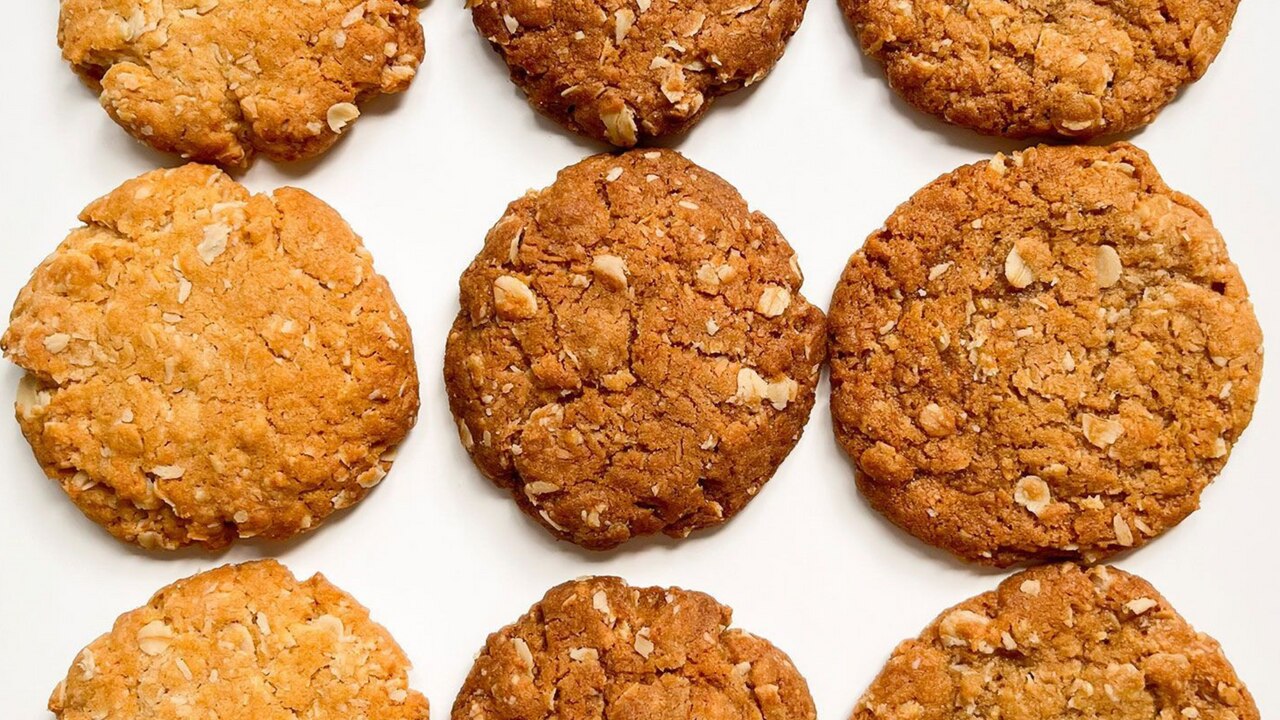How to pronounce these 10 difficult food and drink words
Words are often pronounced different than they are written. The team at Delicious has made it phonetically easy for you with these hard-to-say food and drink-related words.
Every niche has its own language: just like fashion, business and art, the food ‘world’ is replete with unique terminology.
Although most foodies are kind, understanding beings, only too happy to forgive the odd food-related faux pas … where there is lingo, there will also be snobbery and nitpicking.
The team at Delicious has made it phonetically easy.
Food and drink pronunciations
So, if you’re planning to venture an opinion on Calabria’s latest Montepulciano vintage or whether Matt Moran’s fondness for dulce de leche is likely to spark a nationwide trend, you may be wise to brush up on the correct pronunciation first.
There’s nothing worse than complimenting – or worse, disapproving of – a dish, only to find out that you’re mispronouncing one of its crucial ingredients.
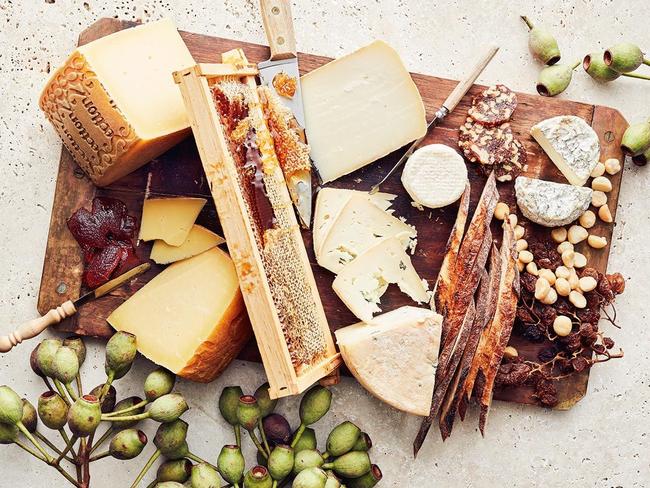
Why learn?
Nitpicking, snobbery and awkward moments aside, there’s additional merit to immersing oneself in the culinary lexicon and learning a word’s origins: information breeds deeper understanding, which expands our capacity for nuanced appreciation.
Basically? Things you know more about just taste better! And you’ll have loads more time for enjoying a particular flavour if you’re not worried about tripping over its name.
Without further ado, here’s how to pronounce 10 of the most difficult food and drink words.
Sommelier
Although one of the more familiar French terms, due to its common usage in English, Sommelier remains one of the most mispronounced.
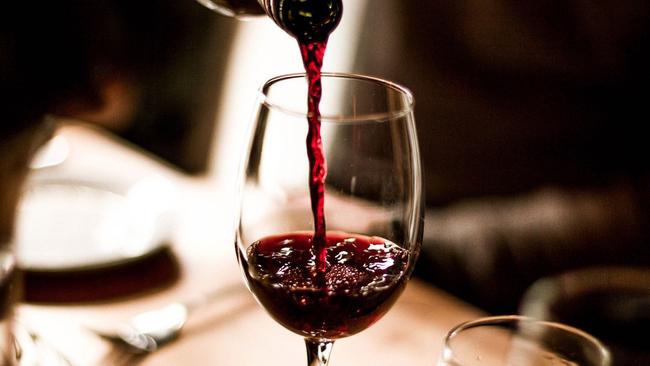
Meaning ‘wine steward’, as opposed to ‘wine waiter’, a sommelier commonly stands on par with the role of chef de cuisine, with a specialist knowledge of wine and food and wine pairings.
The correct pronunciation is SOM-MALL-YAY.
Açaí
Although not quite as trendy now as it was a few years ago, this smoothie bowl favourite is one of the most commonly searched food and drink pronunciations.
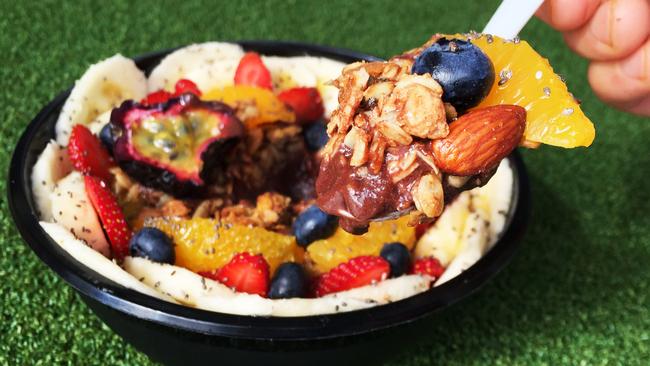
The small purple berry made big waves for its polyphenol (antioxidant) content, and is still commonly found in smoothie bowls and juices, despite recent studies showing that it scores lower on the polyphenol gauge than strawberry, mango and grape.
Common mispronunciations include ack-aye and ah-sigh.
The correct pronunciation is AH-SIGH-EE.
Moët
Despite the fact that this champagne brand is, indeed, French, it was founded by a Dutchman.
So, according to Moët & Chandon the usual rule of never pronouncing the ‘t’ in the French ‘et’ does not apply here.
Although commonly mispronounced as ‘moh-ay’ or mo-way’, the correct pronunciation is, in fact, ‘MOH-ET’ or ‘MO-WET’, with a hard ‘t’ at the end.
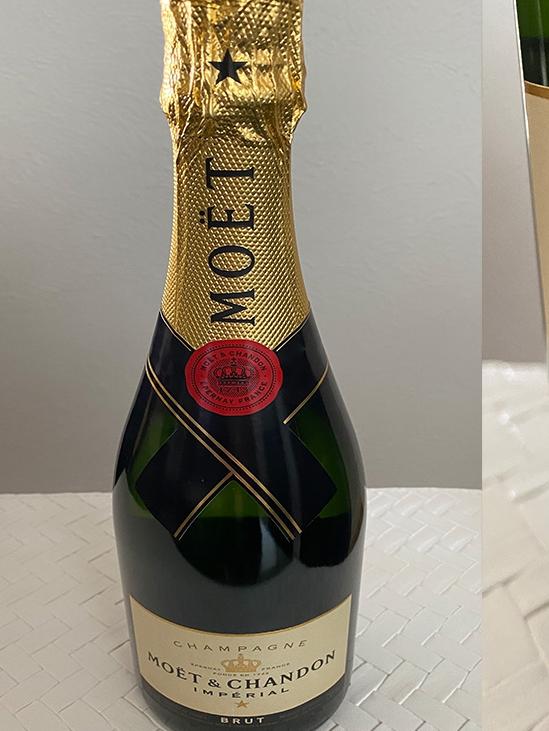
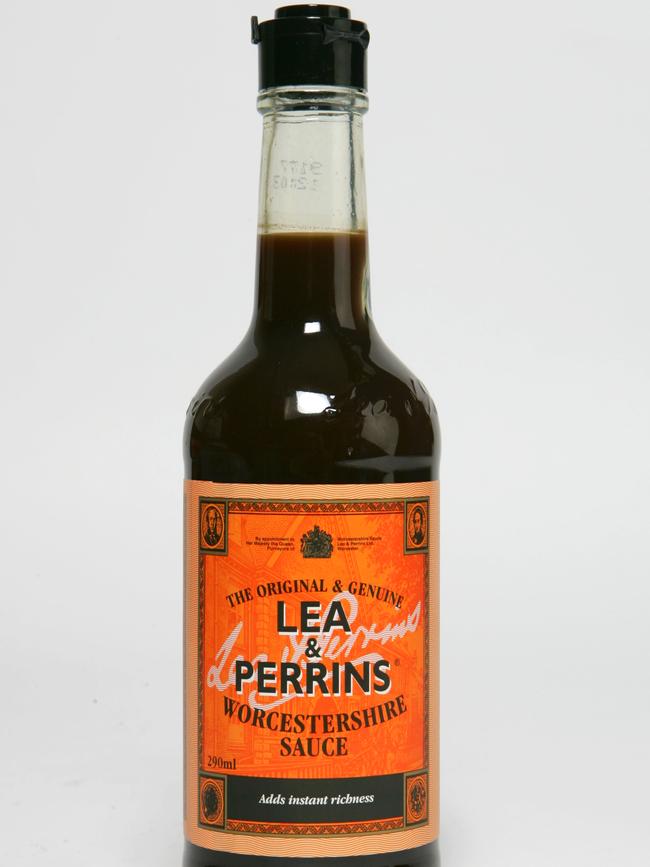
Worcestershire
Although this word seems to baffle some of our North American friends, most Brits and Aussies are relatively comfortable pronouncing it.
Yet, it’s still one of the most commonly searched pronunciations online. This black sauce originated in the British shire of Worcester and the recipe remains secret to this day.
When it comes to pronouncing it, basically, the emphasis goes on the first syllable, which is pronounced as a ‘woo’ or ‘wu’, we disregard the first ‘r’ and the ‘ce’, pronounce the ‘ster’ and then the ‘shire’ as ‘shuh’ or ‘sheer’ (similarly to the pronunciation of ‘shire’ the American state ‘New Hampshire’).
Say it with us: WOO-STER-SHEER OR WU-STUH-SHUH.
Phở or pho
This Vietnamese noodle soup has to be one of the toughest pronunciations in the food and drink world, owing mainly to the fact that the Vietnamese language is quite complex, and the vowel sound for ở does not exist in English.
Although there are variations on the pronunciation depending on region and accent, its generally accepted pronunciation is ‘FUH’ or ‘FUHH’ (like ‘duh’) but with a slight upward inflection at the end, similar to when you ask a question in English.
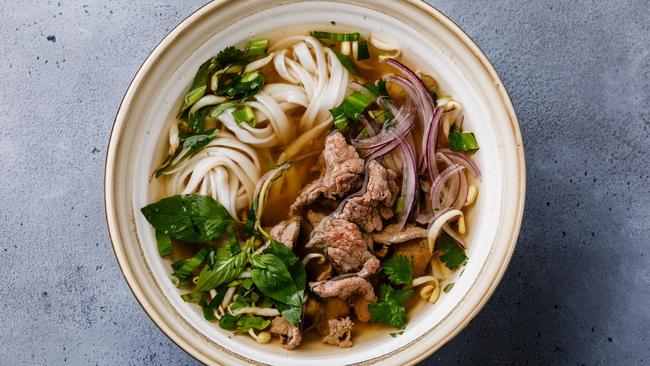
Gozleme
A savoury stuffed turnover originating in Turkey, this tasty flatbread street food is a favourite among carb lovers and cheese fiends alike. But how to pronounce it?
Well, for starters, goz-leem and goz-lemy are both incorrect. (Sorry.) According to native speakers, it’s ‘GERZ-LEH-MEH’ without too much emphasis on the ‘r’.
Chipotle
This tasty seasoning made with smoke-dried ripe jalapeño peppers is commonly used in Mexican and Tex-Mex cuisine.
Granted, the spelling makes pronunciation a little confusing, and it’s often said as ‘chip-oat-lee’, ‘chip-oh-tlay’ or – our personal favourite – ‘chip-ottel.’
The correct pronunciation is actually ‘CHI-POAT-LEH’.
Dubonnet
Dubonnet is a sweet French aperitif created by blending fortified wine, herbs and spices with a touch of quinine – one of the ingredients that gives tonic water its unique flavour.
Named for its inventor, Parisian chemist Joseph Dubonnet, the aperitif is a favourite of Queen Elizabeth, who mixes it with gin. Once considered an ‘old lady’ drink akin to sherry, dubonnet is experiencing a resurgence in popularity.
The correct pronunciation is DYOO-BUH-NEY.
Montepulciano
This red Italian grape variety is planted throughout much of central and southern Italy, although – confusingly enough – nowhere near the town of Montepulciano.
Sometimes likened to Shiraz and Durif, the rich full-bodied red originates in the Abruzzo region, pairing well with robust Italian dishes and sharp cheeses.
The correct pronunciation is MON-TAY-PUHL-CHAA-NOW (expressive hand gestures optional.)
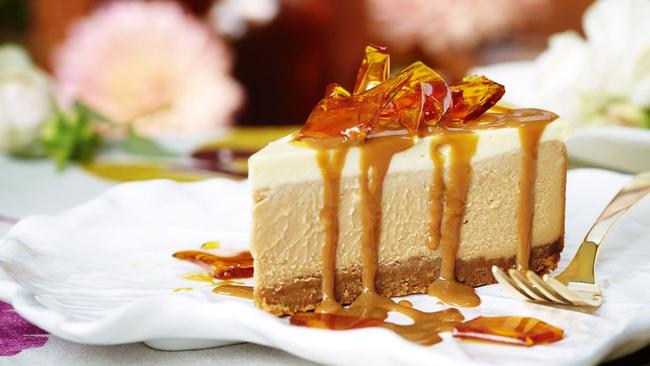
Dulce de leche
This caramelised milk confection is made by slowly heating milk, sugar and vanilla over a period of several hours.
Several countries, including Argentina, Colombia, Peru and Uruguay claim to have invented it, although only Argentina and Uruguay actually call it dulce de leche.
However, according to historian Daniel Balmanceda, it was originally prepared in Indonesia, transported to the Philippines some time in the 16th century, returning to Spain and eventually the Americas after the Spanish conquest.
The correct pronunciation differs depending on where it’s eaten.
In South America, it’s DOOL-SEH DEH LEH-CHEH and in Spain it’s DOOL-THEH DEH LEH-CHEH.
For more food, travel and lifestyle news, go to delicious.com.au
Originally published as How to pronounce these 10 difficult food and drink words

